Text












Secrets Behind the Wall (1965) directed by Kōji Wakamatsu
10 notes
·
View notes
Text

Modernist British film poster for From the Life of the Marionettes (1980) dir. Ingmar Bergman.
33 notes
·
View notes
Text











Through the Olive Trees (Abbas Kiarostami, 1994)
194 notes
·
View notes
Text













The Fifth Seal (Az ötödik pecsét) | 1976 | Zoltán Fábri | Hungarian People's Republic
#movie screenshots#world cinema#fascism#communism#surrealism#zoltan fabri#the fifth seal#hungary#hungarian cinema#world films#communist cinema#socialist cinema#hungarian#zoltán fábri#az ötödik pecsét#az otodik pecset#hungarian people's republic#magyar#films#movies#anti fascist#filmeket#magyar mozi#mozi#magyar film
1 note
·
View note
Text

The Most Wonderful Evening of My Life | 1972 | Ettore Scola | Italy/France
Film poster by Franciszek Starowieyski
#cinema#movie poster#movie posters#movie#movies#ettore scola#the most wonderful evening of my life#ettorescola#70s cinema#polish film posters#polish movie posters#franciszek starowieyski#film posters#La più bella serata della mia vita#La plus belle soirée de ma vie#la piu bella serata della mia vita#french cinema#italian cinema#french movies#italian movies#film italiani#cinema italiano#cinéma français#films français#cinéma#films
7 notes
·
View notes
Photo

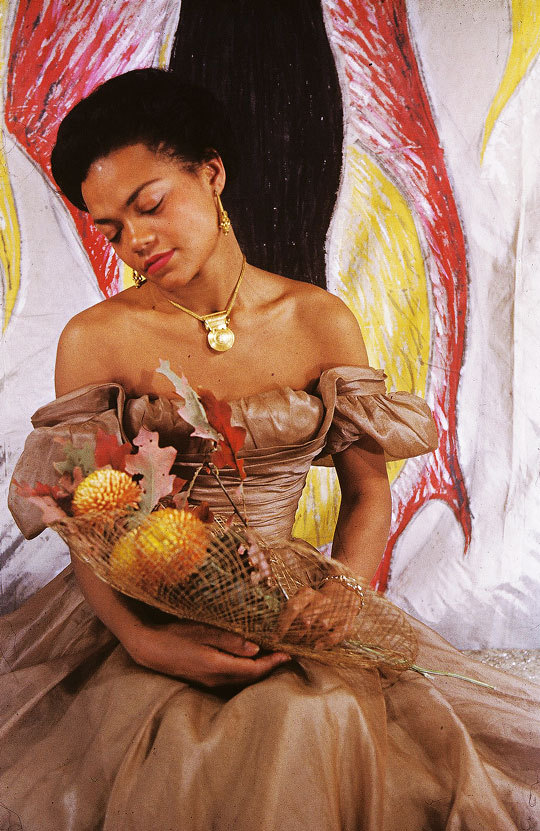
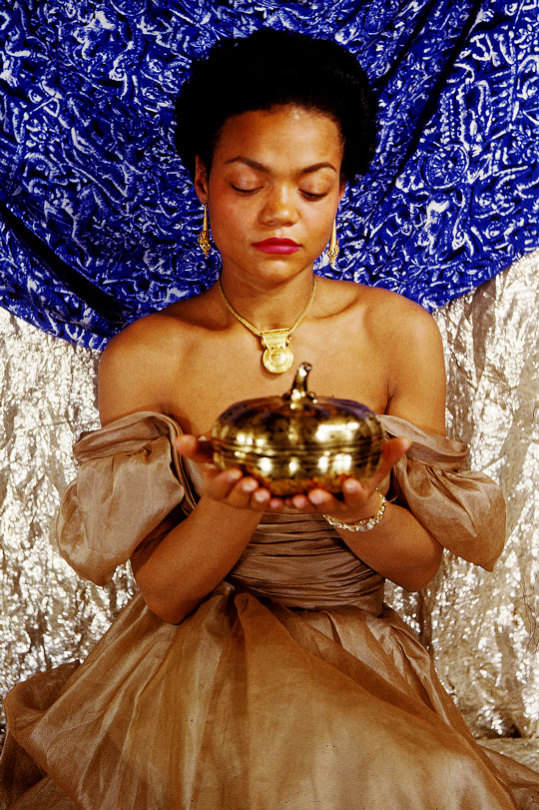

Eartha Kitt photographed by Carl Van Vechten, c. 1954
38K notes
·
View notes
Text

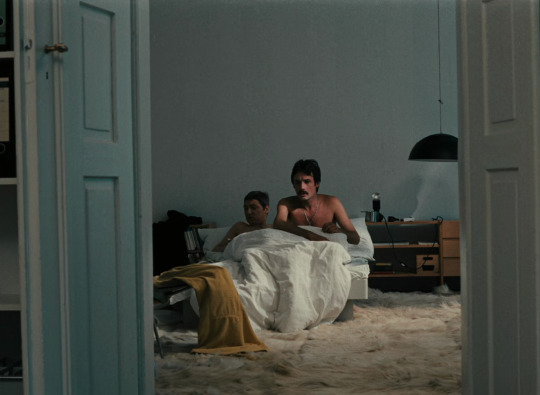

Fox and His Friends (Rainer Werner Fassbinder, 1975)
242 notes
·
View notes
Photo

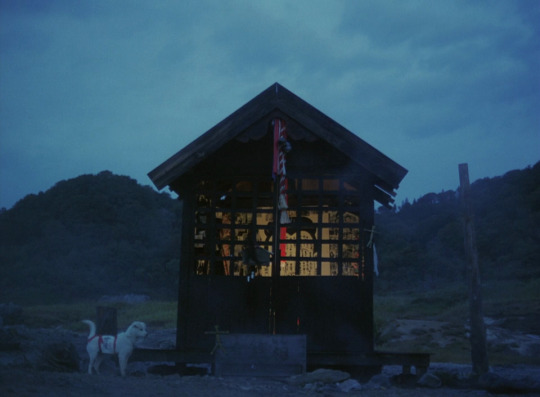





Den-en ni shisu (Pastoral: To Die in the Country) | Shūji Terayama | 1974 | Japan
#cinematography#Art films#cinema#film stills#film grabs#japanese films#Shūji Terayama#shuji terayama#Pastoral: To Die in the Country
52 notes
·
View notes
Text

















De Cierta Manera (One Way or Another) | 1974 | Sara Gómez | Cuba
De Cierta Manera is a film created by legendary Black Cuban female filmmaker Sara Gómez. It mixes documentary-style footage with a fictional story centered around the Las Yaguas slums in 1950's Havana; where the majority of the population is made up of Black people, Mulatos, and poor Whites. It demonstrates how the changing of material conditions, like the development of new neighbourhoods, doesn't immediately change the behaviours and attitudes of a given population.
The fictional aspect of the story focuses on Yolanda a white school teacher with communist ideals who has become employed at a school in Las Yaguas, and her Mulato boyfriend Mario who is a resident of Las Yaguas; and whose interest lays more in his gender, ethnic/racial origins, and neighbourhood loyalties rather than in the working class solidarity pushed by the new revolutionary Cuba.
Their relationship is indicative of social struggles in Cuban society. This includes the machismo of Mario with its origins in western European Spanish society, but also the patriarchal attitudes that have been preserved in the Afro-Cuban fraternity, Abakuá, which he is part of. It also includes the racist attitudes still harbored by Yolanda towards Mario and her Afro-Cuban pupils, despite her apparent revolutionary convictions. Portraying the idea that for the Cuban Revolution to persevere, prejudice; whether racist, sexist, or class based must also be tackled.
16 notes
·
View notes
Text

Model Shop | 1969 | Jacques Demy | United States
Film poster by Franciszek Starowieyski
2 notes
·
View notes
Text













Viet and Nam (2024 🇻🇳), directed by Truong Minh Quy
41 notes
·
View notes
Text

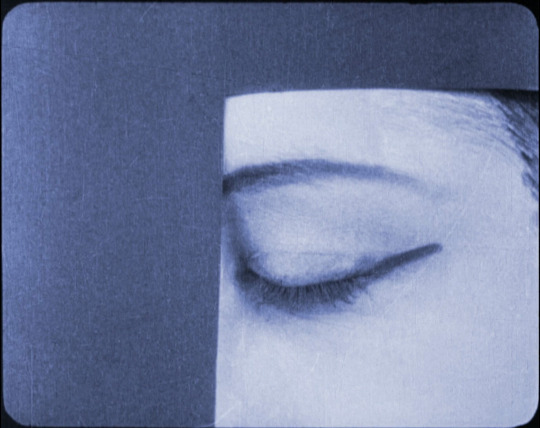
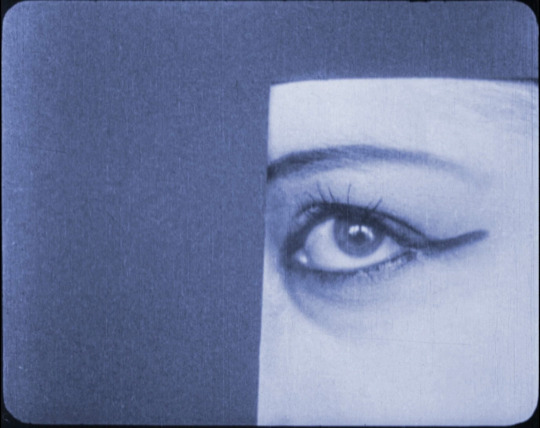
Ballet mécanique (Fernand Léger & Dudley Murphy, 1924)
2K notes
·
View notes
Photo




The Beaches of Agnès (2008)
2K notes
·
View notes
Text






















De Cierta Manera (One Way or Another) | 1974 | Sara Gómez | Cuba
De Cierta Manera is a film created by legendary Black Cuban female filmmaker Sara Gómez. It mixes documentary-style footage with a fictional story centered around the Las Yaguas slums in Havana where the majority of the population is made up of Black people, Mulatos, and poor Whites. It demonstrates how the changing of material conditions, like in developing the neighbourhood, doesn't immediately change the behaviours and attitudes of a given population.
The fictional aspect of the story focuses on Yolanda a white school teacher with communist ideals who has become employed at a school in Las Yaguas, and her Mulato boyfriend Mario who is a resident of Las Yaguas; and whose interest lays more in his gender, ethnic/racial origins, and neighbourhood loyalties rather than in the working class solidarity pushed by the new revolutionary Cuba.
Their relationship is indicative of social struggles in Cuban society. This includes the machismo of Mario with its origins in western European Spanish society, but also the patriarchal attitudes that have been preserved in the Afro-Cuban fraternity, Abakuá, which he is part of. It also includes the racist attitudes still harbored by Yolanda towards Mario and her Afro-Cuban pupils, despite her apparent revolutionary convictions. Portraying the idea that for the Cuban Revolution to persevere, prejudice; whether racist, sexist, or class based must also be tackled.
17 notes
·
View notes
Photo






Zerkalo aka The Mirror (1975) dir. Andrei Tarkovsky
87 notes
·
View notes
Text
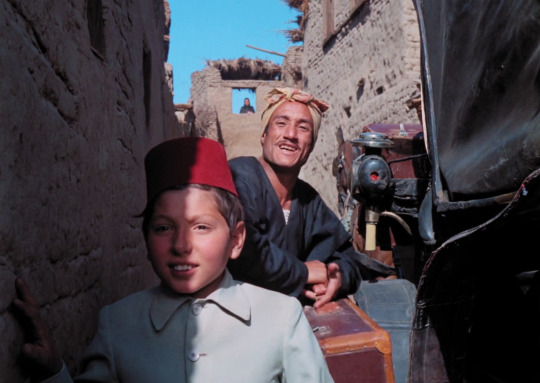



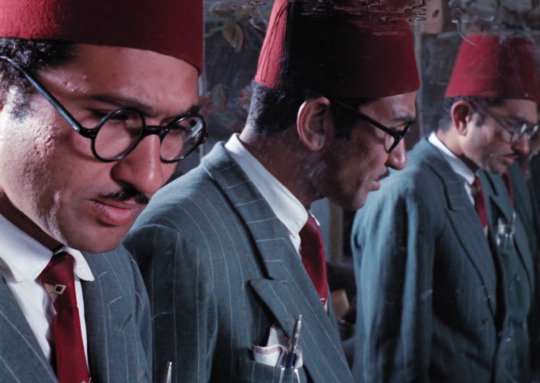







The Land (1970 🇪🇬) directed by Youssef Chahine
55 notes
·
View notes
